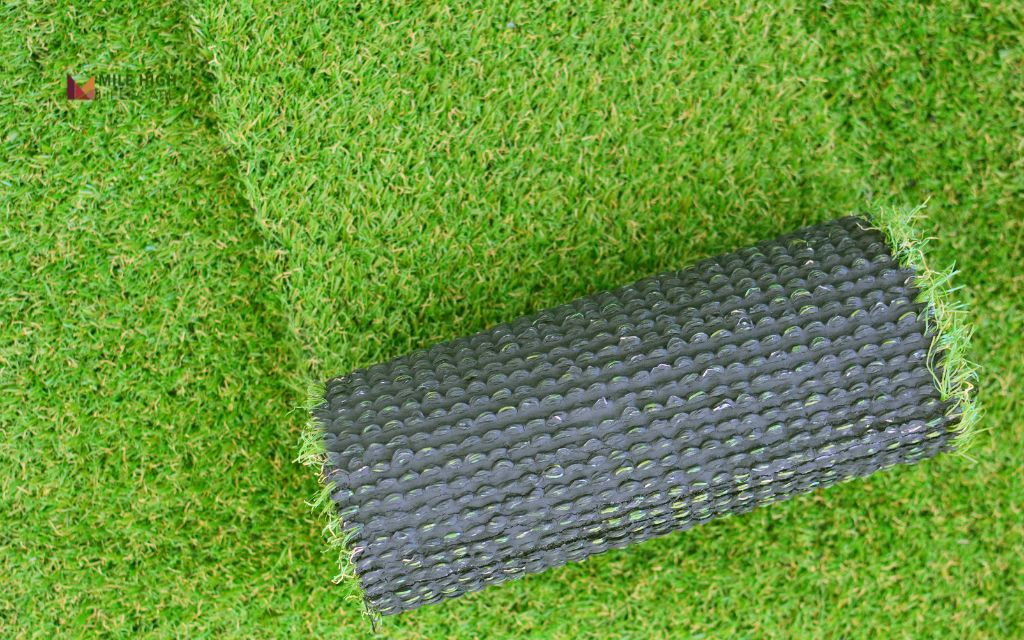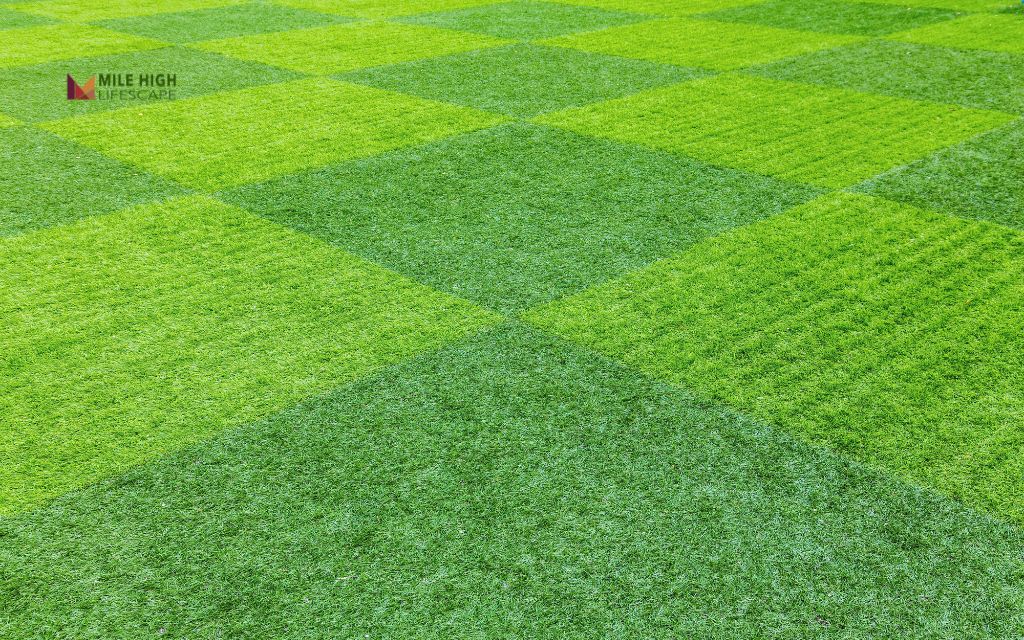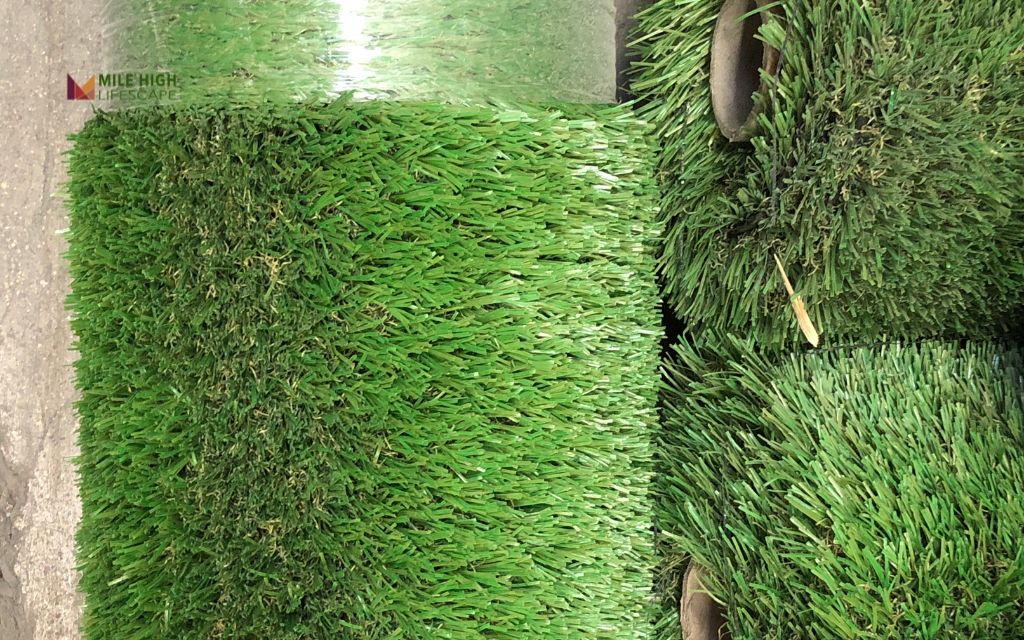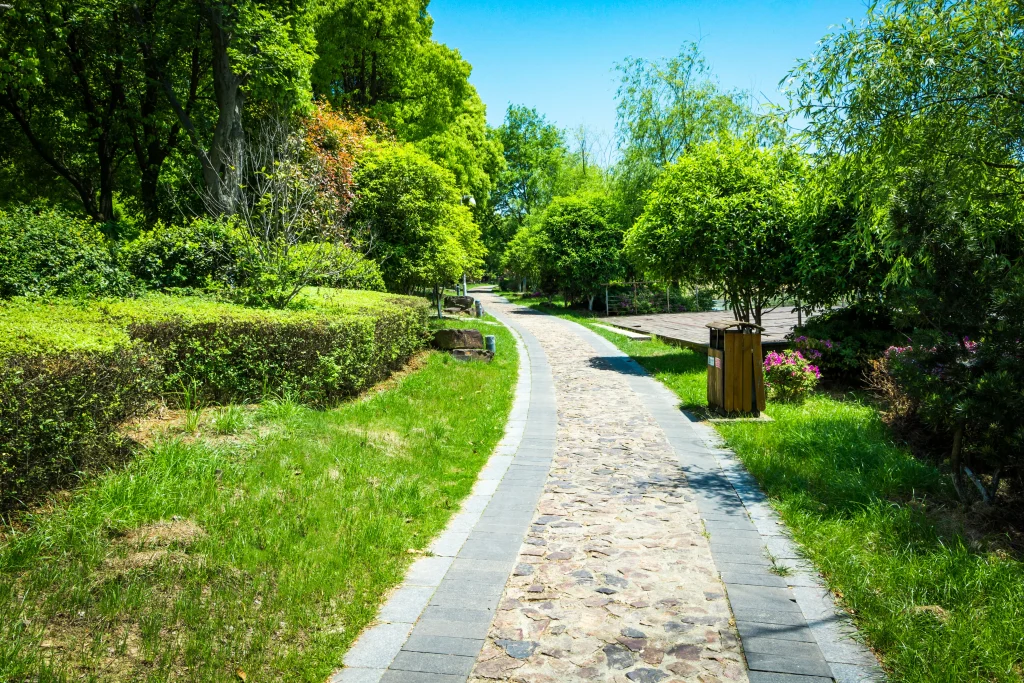Planning a synthetic lawn transformation requires understanding artificial grass cost factors that impact your investment. Professional installation typically ranges from $8 to $15 per square foot, while DIY projects start around $4 to $6 per square foot for materials alone.
This comprehensive guide breaks down every expense component, helping you make informed decisions about your artificial turf project.
Understanding artificial grass cost fundamentals
Synthetic turf installation involves multiple cost variables that significantly impact your total investment. Smart homeowners examine these factors before committing to any artificial grass project.
The complexity of your site, chosen materials quality, and installation method create the foundation for accurate budget planning. Each element contributes to the final artificial grass cost calculation.
Complete cost breakdown by installation method
Different installation approaches offer distinct advantages and price points for artificial grass projects:
- Materials-only approach: Purchasing synthetic turf, base materials, and installation supplies costs $4 to $6 per square foot. This option suits experienced DIY enthusiasts who possess necessary tools and skills.
- Professional installation service: Complete turnkey projects range from $8 to $15 per square foot. This price includes quality materials, skilled labor, proper site preparation, and installation expertise.
- Premium custom installations: High-end projects featuring designer materials, complex drainage systems, or challenging terrain modifications cost $15 to $30 per square foot.
Regional market conditions and local labor rates influence these baseline figures. Urban areas typically command higher prices than suburban or rural markets.

Key factors determining artificial grass cost
Multiple elements combine to establish your specific artificial grass cost structure. Understanding these variables helps you anticipate expenses and identify potential savings opportunities.
Project size impact on pricing
Installation area directly affects both total investment and per-square-foot rates. Larger projects benefit from economies of scale, reducing unit costs while increasing overall expenditure.
A compact 200-square-foot putting green costs less per square foot than expansive 1,500-square-foot lawn installations. Contractors often provide volume discounts for substantial projects.
Material quality considerations
Synthetic turf quality varies dramatically across price ranges. Basic residential products offer fundamental functionality, while premium options deliver superior aesthetics and durability.
High-grade artificial grass features advanced fiber technology, enhanced UV protection, and realistic appearance characteristics. These materials cost more initially but provide extended lifespan and better performance.
Site preparation requirements
Existing lawn conditions significantly influence artificial grass cost calculations. Simple installations over level, well-draining soil require minimal preparation expenses.
Complex sites needing extensive grading, drainage installation, or soil amendments increase project costs substantially. Rocky terrain, poor drainage, or slope corrections add specialized labor requirements.
Detailed artificial grass cost component analysis
Breaking down installation expenses reveals where your investment dollars provide maximum value. Each component serves specific functions in creating durable, attractive synthetic lawns.
Essential material expenses
Quality materials form the foundation of successful artificial grass installations:
- Synthetic turf selection: Premium artificial grass costs $3 to $8 per square foot, depending on pile height, fiber density, and manufacturing specifications. Higher-priced options typically offer better aesthetics and longevity.
- Base preparation materials: Proper foundation systems using crushed rock, decomposed granite, or specialized base products cost $1 to $3 per square foot. Quality base materials ensure proper drainage and stability.
- Infill requirements: Sand, rubber granules, or specialty infill materials provide cushioning and fiber support. These products add $0.50 to $1 per square foot to your artificial grass cost.
- Installation accessories: Seaming tape, nails, adhesives, and edge restraints contribute approximately $0.25 to $0.75 per square foot to material expenses.
Professional labor investment
Skilled installation teams ensure proper techniques and long-lasting results:
- Hourly labor rates: Experienced artificial turf installers charge $25 to $50 per hour, varying by geographic location and project complexity. Specialized skills command premium rates.
- Installation timeframes: Typical residential projects require 1 to 3 days for completion, depending on area size, site conditions, and design complexity. Rushed installations often compromise quality.
- Quality assurance value: Professional installers provide expertise in base preparation, proper drainage, precise seaming, and finishing techniques that ensure optimal performance.

Artificial grass cost comparison: DIY versus professional installation
Choosing between self-installation and professional services involves weighing initial savings against quality outcomes and time investment.
| Installation aspect | DIY approach | Professional service |
| Material costs only | $4 – $6 per sq ft | $3 – $8 per sq ft |
| Labor expenses | Your time investment | $3 – $10 per sq ft |
| Total project cost | $4 – $6 per sq ft | $8 – $15 per sq ft |
| Time requirement | 3 – 7 days | 1 – 3 days |
| Quality guarantee | Personal skills dependent | Professional warranty |
| Physical demands | High effort required | Minimal homeowner involvement |
DIY installation considerations
Self-installation reduces artificial grass cost significantly but requires substantial time, physical capability, and proper equipment. Success depends on your construction experience and attention to detail.
Common DIY challenges include achieving proper base compaction, creating seamless joints, and establishing adequate drainage. Mistakes often require expensive corrections or complete reinstallation.
Professional installation advantages
Experienced contractors deliver consistent results through proven techniques and specialized equipment. Professional installation includes warranty protection and quality assurance.
The investment in professional services often provides better long-term value through proper installation methods, reducing future maintenance issues and extending synthetic turf lifespan.
Long-term artificial grass cost analysis
Comparing artificial turf expenses with natural lawn maintenance reveals significant long-term savings potential. This analysis examines total ownership costs over typical usage periods.
Annual maintenance expense comparison
- Artificial grass maintenance: Synthetic lawns require minimal upkeep costing $50 to $150 annually. Basic maintenance includes occasional brushing, debris removal, and periodic cleaning.
- Natural grass maintenance: Traditional lawns demand $500 to $1,500 yearly for water, fertilizers, pesticides, equipment, and professional services. These expenses continue throughout the lawn’s lifetime.
Water usage elimination
Artificial turf eliminates irrigation requirements, providing substantial savings in water-restricted areas. Average lawn irrigation consumes 22,000 to 55,000 gallons annually, representing significant utility cost reductions.
Equipment and chemical savings
Synthetic lawns eliminate mower purchases, fuel costs, fertilizer expenses, and pesticide applications. These savings accumulate substantially over time, offsetting initial artificial grass cost investments.
Additional expenses affecting total artificial grass cost
Several supplementary costs may impact your project budget beyond basic installation expenses. Planning for these elements ensures accurate budget allocation.
Perimeter and edging options
Quality edge restraints prevent spreading and maintain a clean appearance. Options include plastic bender board ($2 to $5 per linear foot), concrete mowing strips ($5 to $12 per linear foot), or decorative stone borders ($8 to $20 per linear foot).
Drainage system upgrades
Properties with poor natural drainage may require French drains or catch basins. These improvements add $10 to $25 per linear foot but prevent water accumulation and ensure proper artificial turf performance.
Specialized features integration
Custom elements like putting greens, play areas, or decorative patterns require additional materials and skilled installation. These features typically add 15% to 40% to base artificial grass cost calculations.
Regional artificial grass cost variations
Geographic location significantly influences artificial turf pricing through local market conditions, material availability, and regional labor rates.
Urban versus rural pricing differences
Metropolitan areas typically command 20% to 40% higher artificial grass cost rates than rural markets. Higher labor costs, increased material transportation expenses, and market demand drive these variations.
Climate impact considerations
Regions with extreme weather conditions may require specialized materials or installation techniques. UV-resistant fibers for sunny climates or cold-weather installations affect material selection and pricing.

Conclusion
Understanding artificial grass cost components empowers homeowners to make confident decisions about synthetic turf investments. While initial expenses exceed natural grass installation, long-term savings through eliminated maintenance, water, and replacement costs provide substantial value.
Professional installation typically delivers better results and warranty protection, justifying the additional investment for most homeowners. DIY approaches can reduce costs but require significant time, skills, and physical capability.
For nearly two decades, Mile High Lifescape has been proudly serving the Denver Metro area as the go-to landscape company. With a reputation for excellence, we offer a comprehensive range of friendly and professional landscaping and lawn care services. Count on us to transform your outdoor space into a beautiful oasis that exceeds your expectations.
Frequently asked questions (FAQs)
What determines artificial grass cost per square foot?
Artificial grass cost depends on material quality, installation method, site preparation requirements, and regional labor rates. DIY materials cost $4 to $6 per square foot, while professional installation ranges from $8 to $15 per square foot.
How long does artificial grass last compared to natural lawns?
Quality artificial turf lasts 15 to 25 years with minimal maintenance, while natural grass requires ongoing replacement and intensive care throughout its lifespan.
Can artificial grass installation save money long-term?
Yes, artificial turf typically recovers its initial cost within 3 to 7 years through eliminated water bills, maintenance expenses, and equipment costs while providing decades of use.
What site preparation affects artificial grass cost?
Extensive grading, drainage installation, soil removal, or slope correction significantly increases project expenses. Simple installations over level, well-draining areas require minimal preparation costs.
Should I choose DIY or professional artificial grass installation?
Professional installation provides better quality assurance, warranty protection, and expertise, while DIY approaches reduce labor costs but require significant time, skills, and physical capability for successful outcomes.

